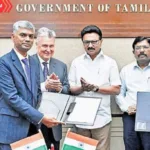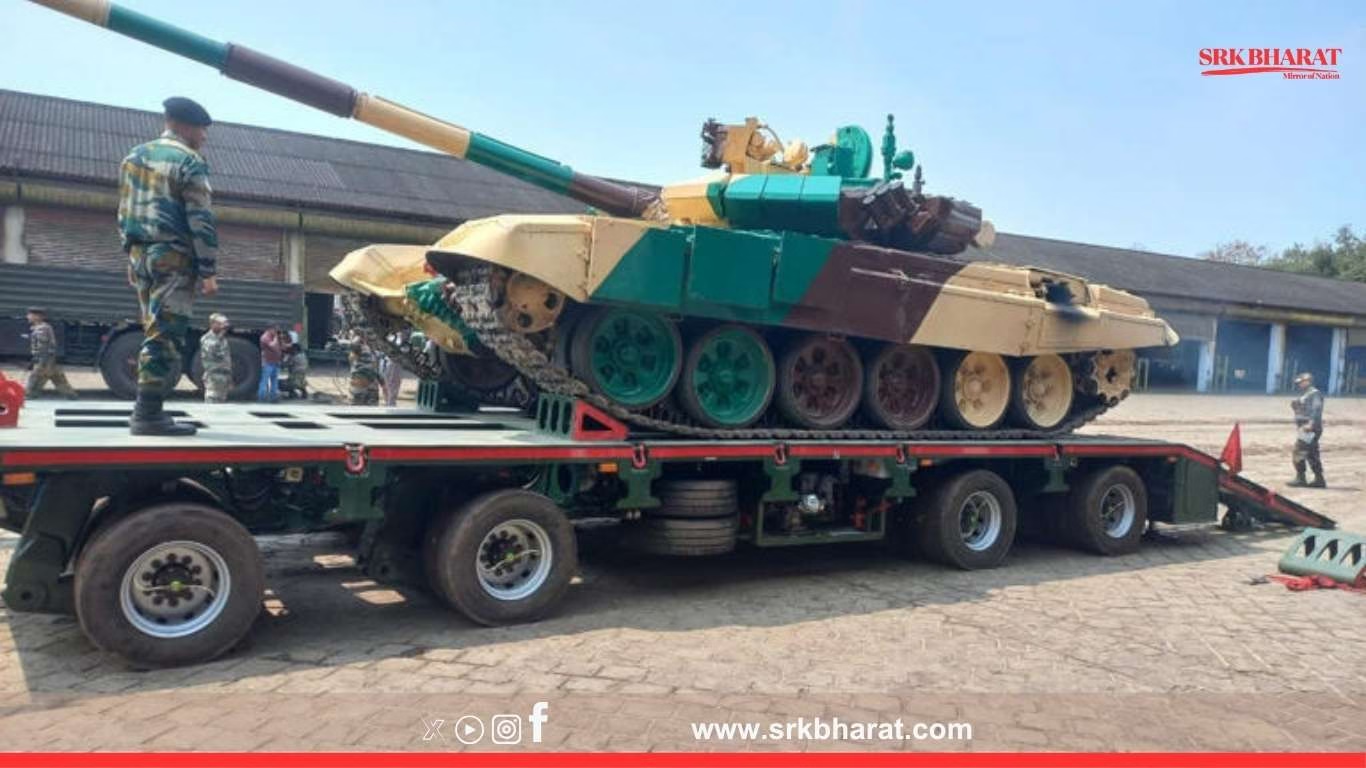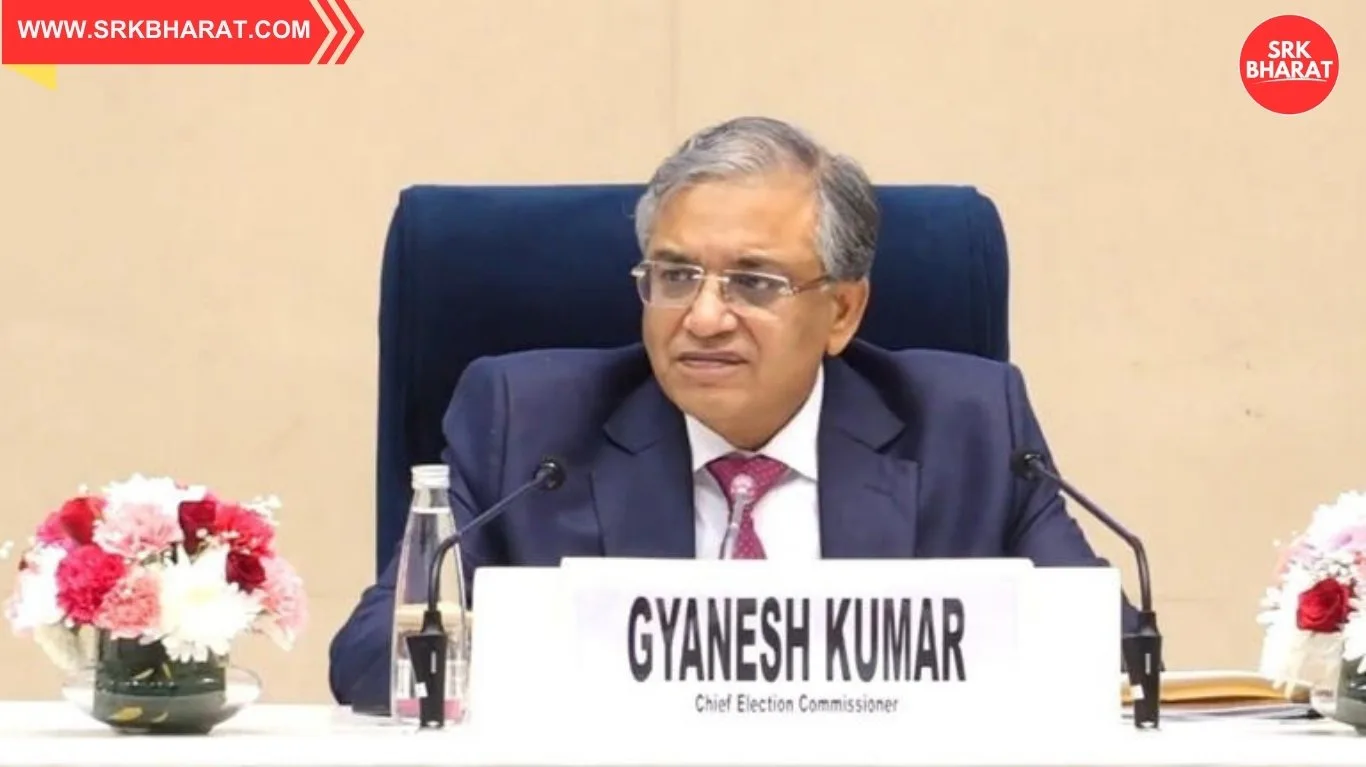In a strategic push towards self-reliance and operational mobility, the Indian Army has inked a ₹223.95 crore contract for the procurement of indigenously developed tank transporter trailers. The contract was signed with an Indian private sector manufacturer under the “Make in India” initiative, marking another critical milestone in the modernization of the Army’s logistics infrastructure.
The heavy-duty trailers, engineered to transport main battle tanks (MBTs) and other armored vehicles efficiently across varied terrain, are expected to significantly enhance the Army’s logistic and combat deployment capabilities. This deal reflects the Army’s commitment to reducing dependency on foreign equipment and bolstering India’s domestic defence manufacturing ecosystem.
Key Details of the Tank Transporter Trailer Deal
| Particulars | Details |
|---|---|
| Value of Contract | ₹223.95 crore |
| Manufacturer | Indigenous Indian private defence firm |
| Number of Units | Over 300 Tank Transporter Trailers |
| Vehicle Payload Capacity | Approx. 70 tonnes (compatible with MBTs) |
| Prime Purpose | Transport of heavy armoured vehicles |
| Deal Finalization Date | July 2025 |
| Delivery Timeline | 2025–2027 (phased delivery) |
| Compliance | BIS, Indian Army GSQR, Automotive standards |
| Associated Platform | Heavy-duty 12×12 or 10×10 prime movers |
Reinforcing India’s Defence Supply Chain
This acquisition is part of the Indian Army’s broader plan to overhaul its logistics fleet and build a more resilient, mobile, and indigenous supply chain capable of rapid deployment across plains, deserts, and high-altitude areas. The trailers, which will be towed by high-powered prime movers, are being manufactured with modular designs, allowing for efficient loading, transportation, and offloading of tanks such as the T-90 Bhishma, Arjun Mk-1A, and other tracked combat platforms.
The introduction of these trailers will ease the movement of tanks between cantonments, forward bases, and training grounds, while also facilitating strategic movement in sensitive border regions.
Key Features of the Indigenous Tank Transporter Trailers
| Feature | Description |
|---|---|
| Payload Capacity | Up to 70 tonnes |
| Axle Configuration | Multi-axle with hydraulic suspension |
| Braking System | ABS-enabled hydraulic brakes with emergency override |
| Material | High-strength low-alloy steel for chassis |
| Loading Mechanism | Rear-loading ramps with hydraulic assist |
| Terrain Adaptability | Designed for Indian desert, plain, and mountainous terrains |
| Technology Integration | GPS-enabled fleet tracking, modular wheelbase, anti-skid surface coatings |
These trailers are tailored for the Indian terrain and operational requirements, a key differentiator from previously imported platforms. Their modular design ensures they can also be adapted for transporting other heavy military equipment like bridge layers, bulldozers, or recovery vehicles.
Strategic Significance for Indian Army and Defence Sector
- Operational Readiness
The enhanced tank mobility directly improves the Indian Army’s ability to deploy tanks and heavy armor at short notice, a critical component in any theatre of war or rapid response scenario. - Cost Efficiency & Maintenance
With localized manufacturing and easier availability of spare parts, the Army will benefit from lower lifecycle costs and faster repair turnaround time. - Support for Aatmanirbhar Bharat
The deal exemplifies the Government of India’s commitment to strengthening the indigenous defence industry and reducing reliance on imports. It aligns with the Ministry of Defence’s “Make in India” and “Make for the World” strategy. - Employment and Local Industry Boost
The contract is expected to generate employment in the automotive, fabrication, and logistics sectors, particularly in Tier-II and Tier-III cities where manufacturing units are located.
Timeline and Implementation Plan
| Phase | Timeline | Status |
|---|---|---|
| Tender Announcement | February 2024 | Completed |
| Vendor Selection | April 2024 | Finalized |
| Contract Signing | July 2025 | Completed |
| First Delivery | January 2026 | Scheduled |
| Final Delivery | March 2027 | Expected Completion |
The project is expected to follow a phased production and delivery schedule, allowing for integrated field trials and feedback-based modifications during the rollout process.
Logistics Modernization: A Broader Perspective
The deal is a critical component of the Indian Army’s Logistics 4.0 roadmap, which includes:
- Induction of electric and hybrid logistics vehicles.
- Smart warehousing with RFID inventory systems.
- Cold chain solutions for high-altitude deployment.
- Upgraded fuel tankers and recovery vehicles.
- Predictive maintenance using AI and telemetry.
The tank transporter trailer deal adds to this modernization pipeline and reflects the Army’s intention to build a next-gen logistics force backed by technology, mobility, and local sourcing.
Recent Defence Procurement Trends
| Year | Major Procurement Projects | Estimated Value (₹ Cr) |
|---|---|---|
| 2022 | Drones for Surveillance | 3,000 |
| 2023 | Infantry Combat Vehicles | 2,500 |
| 2024 | Light Tanks (Zorawar) | 6,500 |
| 2025 | Tank Transporter Trailers | 223.95 |
Though smaller in budget compared to armament and artillery procurement, logistics vehicle upgrades like this one are foundational to the combat effectiveness of modern armies.
Expert Viewpoints on the Contract
Defence analysts and logistics specialists have widely welcomed the move, citing it as “a much-needed step towards logistics mobility independence.” According to retired logistics officers, India’s mountainous and desert terrains demand high-capability trailer units that are both rugged and easy to maintain. The ability to move MBTs swiftly without road damage or excessive wear is vital during both peace and conflict.
Export Potential and Future Outlook
Industry insiders suggest that successful implementation of this contract may open doors for exports of similar trailer platforms to friendly foreign nations, especially in Southeast Asia and Africa, where demand for affordable yet rugged transport systems is growing. The Indian manufacturer is also said to be working on lighter versions for lighter armored vehicles and wheeled combat systems, which could be offered under the defence export policy.
The Defence Acquisition Council (DAC) is reportedly monitoring the progress of this deal as a benchmark for future indigenous logistics vehicle contracts.
Conclusion
The ₹223.95 crore deal for tank transporter trailers is more than just a procurement decision—it symbolizes India’s growing confidence in its industrial capability to support the complex logistics needs of its armed forces. As border dynamics evolve and the need for rapid deployment intensifies, the Indian Army is making clear strides in building a self-reliant, mobile, and technologically empowered logistics framework.
This move, supported by indigenous innovation and industry participation, reinforces India’s ambition to become not just a consumer but a global contributor in the defence logistics domain.
Disclaimer: The content presented is based on publicly available information and intended for journalistic and informational purposes only. Project specifications, values, and timelines are subject to change based on official defence procurement processes and government notifications.











